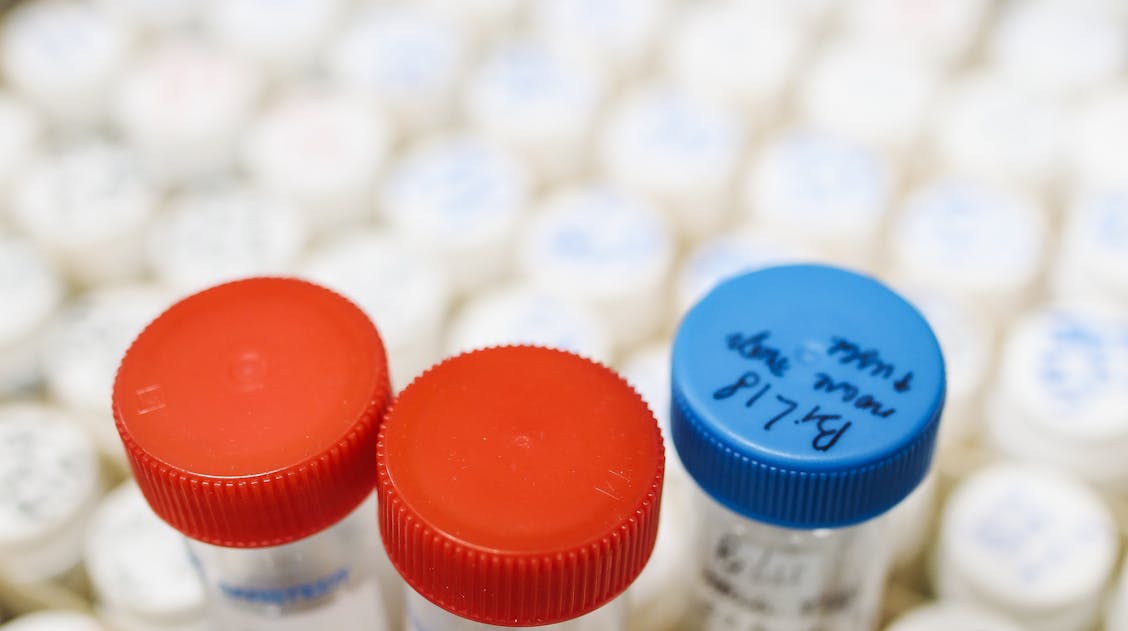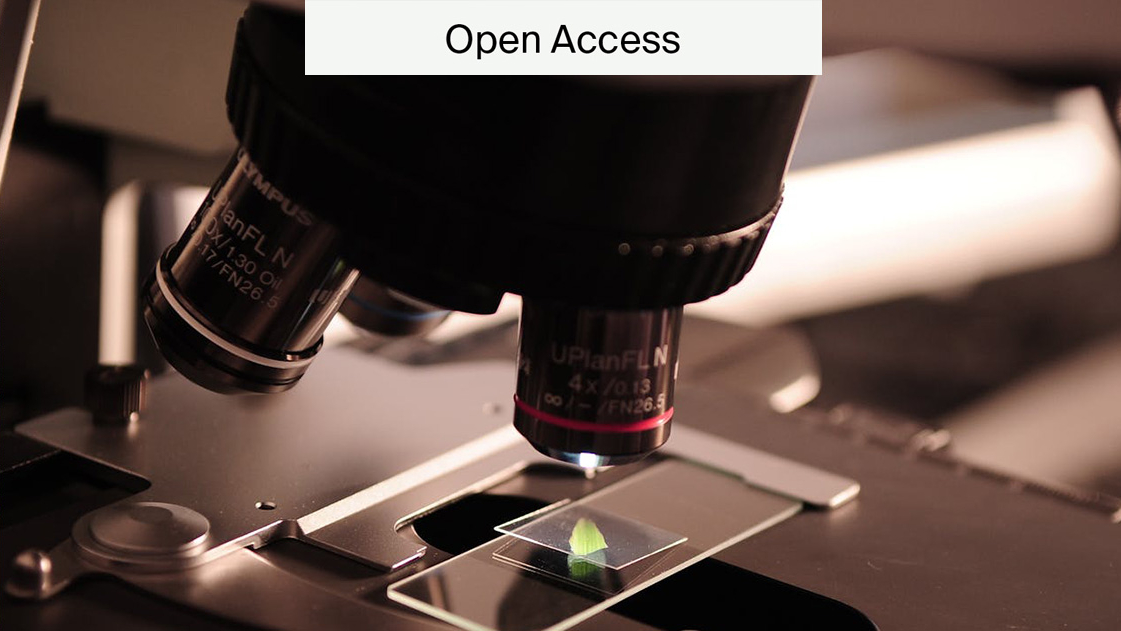
Novel Nucleic Acid Drug for the Treatment of Atherosclerosis
Atherosclerosis is characterised by the narrowing of arteries caused by the build-up of cholesterol, fat, and blood cells that form plaque. This causes an increase in blood pressure and pressure on the heart to pump blood to vital organs in the body. Because of this, atherosclerosis is a major risk factor for cardiovascular disease, the leading cause of death worldwide.
According to the World Health Organisation (WHO), cardiovascular diseases cause over 42.5% of deaths annually in Europe. This equates to 10,000 deaths every day. Researchers from Shinshu University recently published a study in the Open Access journal Biomolecules that investigates a novel DNA apatmer drug candidate to treat atherosclerosis, preventing further cardiovascular diseases. Here, we explore their research and how this biomolecular study has the potential to save millions of lives.
What is atherosclerosis?
Atherosclerosis is a common condition that takes years to develop. The symptoms only develop when it becomes a serious health concern. The gradual buildup of plaque, formed from cholesterol and fat, causes the arteries to narrow and harden over time. This results in restricted blood flow to organs. Moreover, the increased pressure caused by plaque blockage can cause the plaques to rupture, forming a blood clot and restricting blood flow further.
This can have serious implications depending on where the plaque buildup is; for example, restricted blood flow in the coronary artery can prevent oxygen from reaching the heart and result in a heart attack. If the plaque buildup is in an artery that feeds oxygen to the brain, restricted blood flow in this area can result in a stroke.
Treatments for atherosclerosis
Vascular smooth muscle cells (VSMCs) within artery walls play a key role in the development of atherosclerosis. VSMCs constrict and dilate in response to stimuli to allow blood to reach target organs. They have two main states: contractile and proliferative.
The contractile state is ideal for blood vessel function, allowing blood to flow freely. Meanwhile, the proliferative state allows the blood vessels to proliferate and form plaques using growth factors. VSMCs can switch between the two states in response to environmental stimuli.
During atherosclerosis, the continuous buildup of fats and lipids triggers the VSMCs to change to the proliferative state. This can result in plaque instability and rupture due to increased lipid accumulation. Many atherosclerosis treatments focus on lowering lipid buildup in the VSMCs by recommending diets and treatments to lower cholesterol levels.
Researchers from Shinshu University in Japan investigated a novel approach to treat atherosclerosis. They looked at the condition from a molecular level by producing a DNA aptamer drug candidate. The researchers aimed to prevent VSMCs from switching to their proliferative state, reducing plaque formation and promoting plaque stability.
Targeting VSMCs at the molecular level
The researchers have spent the past few years developing a nucleic acid drug candidate known as iSN04. iSNO4 is a short single-stranded DNA aptamer that can selectively bind to a specific target. DNA aptamers are widely used as therapeutics. They can be used in the diagnosis and treatment of a wide range of diseases, such as cancer.
In this study, the researchers used iSNO4 to target nucleolin, a protein in VSMCs that promotes skeletal and myocardial differentiation. By producing an anti-nucleolin aptamer, the researchers aimed to stop the proliferation of VSMCs. Allowing the VSMCs to maintain their contractile state, thus promoting plaque stability.
“Our anti-nucleolin DNA aptamer, iSN04, was originally identified as an inducer of skeletal muscle differentiation in 2021. Subsequently, we found that iSN04 also promotes cardiac muscle differentiation in 2023. Therefore, we hypothesised that iSN04 could promote smooth muscle differentiation.”- Dr. Takaya, author of the study
Targeting VSMCs to prevent stroke and heart attack
Following a series of experiments, the researchers identified that iSN04 decreased the presence of proliferating VSMCs. In addition, iSN04 also increased the expression of α-smooth muscle actin, a contractile marker of VSMCs, which helped to maintain their contractile properties. Furthermore, the researchers also identified that iSN04 suppresses the proliferation and promotes the differentiation of VSMCs, resulting in the inhibition of angiogenesis.
“Given our anti-nucleolin DNA aptamer inhibits angiogenesis by inducing VSMC differentiation, it can find applications as a nucleic acid drug for pathological angiogenesis involved in atherosclerosis, cancer, and retinopathy.” – Ms. Miyoshi, author of the study
The researchers conclude that iSN04 and nucleic acid drugs are promising drug options to treat de-differentiated VSMCs in vascular diseases such as atherosclerosis.
“This study showed that iSN04 indeed induces vascular smooth muscle cell differentiation, resulting in the inhibition of angiogenesis.”- Dr. Takaya, author of the study
Additionally, they note that there is a demand for alternative drugs of this type as some patients respond poorly to the current treatments such as lipid-lowering statins and anti-inflammatory agents. Furthermore, some patients are left with residual cardiovascular risk following treatment.
If you’re interested in reading more about alternative molecular therapies such as DNA aptamers or submitting research in this area, please see the recent Biomolecules Special Issue: Aptamer Therapeutics in Cancers: New Advances and Future Trends.










